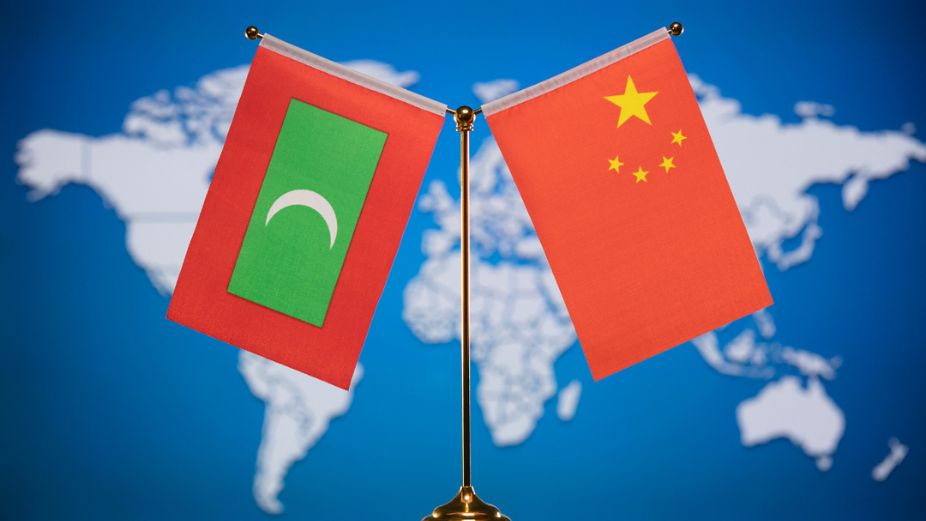
The China-Maldives Free Trade Agreement (CMFTA) heralds a new era of collaboration between the two nations, with a focus on creating opportunities for service providers across both economies. By examining China’s schedule of commitments within the service sector, it becomes clear that Maldivian businesses stand to benefit significantly—if they can navigate the intricacies of the agreement.
Key Commitments in Professional Services
China has opened its doors to foreign involvement in several professional services, including legal, architectural, and engineering sectors. Maldivian service providers can now explore joint ventures and wholly-owned subsidiaries, particularly in areas such as architecture and urban planning. However, technical cooperation with Chinese professional organisations remains a prerequisite, emphasising the need for partnerships to gain market entry. For architects and engineers, the requirement for professional registration in the Maldives positions them well for these opportunities.
Legal services, on the other hand, present unique challenges. Maldivian law firms are allowed to establish representative offices in China but are limited to advising on non-Chinese law and international conventions. This niche focus could pave the way for specialised consulting services targeting Chinese clients engaged in international trade.
The Growing Scope of Healthcare and Education
China’s commitment to opening up its healthcare sector provides intriguing prospects. Maldivian investors are permitted to establish joint venture hospitals and clinics with majority foreign ownership, though the majority of medical personnel must still be Chinese nationals. This limitation suggests that while opportunities exist, they are heavily regulated to prioritise domestic employment.
Education services, too, offer promise, with contractual service suppliers (CSS) from the Maldives permitted entry, provided they meet stringent professional and academic qualifications. This presents a potential avenue for collaboration in international education, particularly in fields like tourism and environmental studies, where the Maldives holds unique expertise.
Technology and Innovation
China’s burgeoning technology sector, particularly in computer-related services, offers Maldivian businesses a platform to innovate and grow. Wholly foreign-owned enterprises are permitted in software implementation and data processing, creating opportunities for Maldivian tech entrepreneurs to tap into one of the world’s largest markets. The demand for expertise in IT infrastructure and digital services aligns well with the Maldives’ growing digital economy.
Tourism and Cultural Exchange
Tourism, a cornerstone of the Maldivian economy, finds alignment within China’s commitments. Joint ventures in tourism services open the door for Maldivian entities to collaborate with Chinese firms, potentially leveraging China’s massive domestic tourism market. This aligns with ongoing efforts to diversify the Maldives’ tourism offerings beyond its pristine beaches.
Challenges Ahead
Despite these openings, several hurdles persist. Regulatory compliance in China remains complex, particularly for industries like healthcare and education that are tightly monitored. Furthermore, the agreement’s emphasis on joint ventures in many sectors means Maldivian businesses must identify reliable Chinese partners to realise the full potential of these opportunities.
A Step Forward in Bilateral Relations
The CMFTA’s provisions for trade in services reflect a significant step in strengthening bilateral ties between China and the Maldives. While the path may be fraught with challenges, the opportunities it offers for Maldivian service providers are both tangible and transformative. For businesses willing to navigate the complexities of the agreement, the CMFTA provides a gateway to one of the world’s most dynamic markets.











